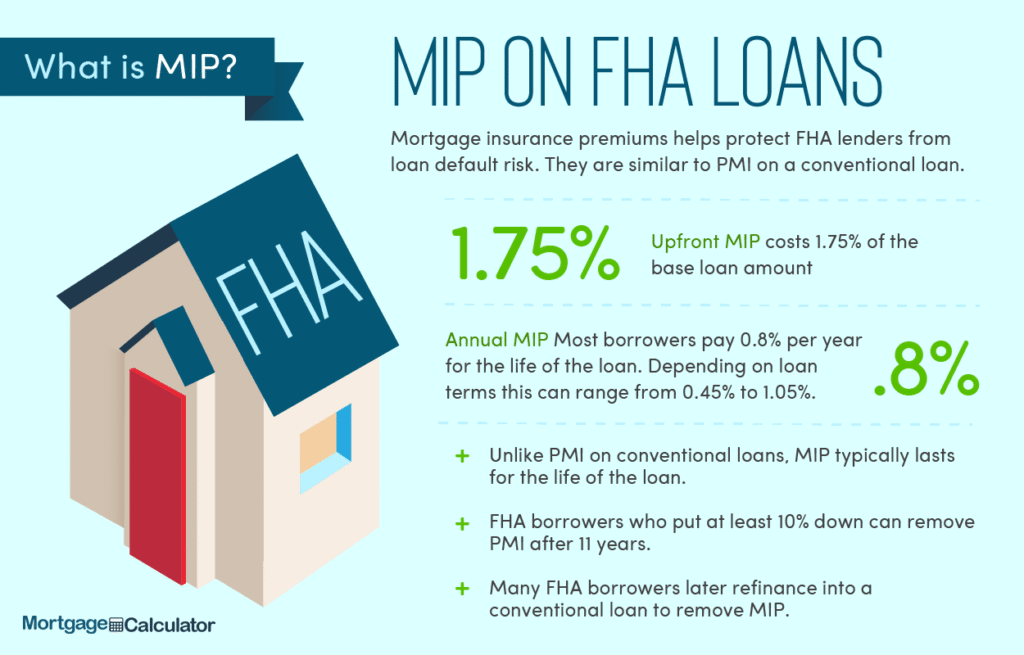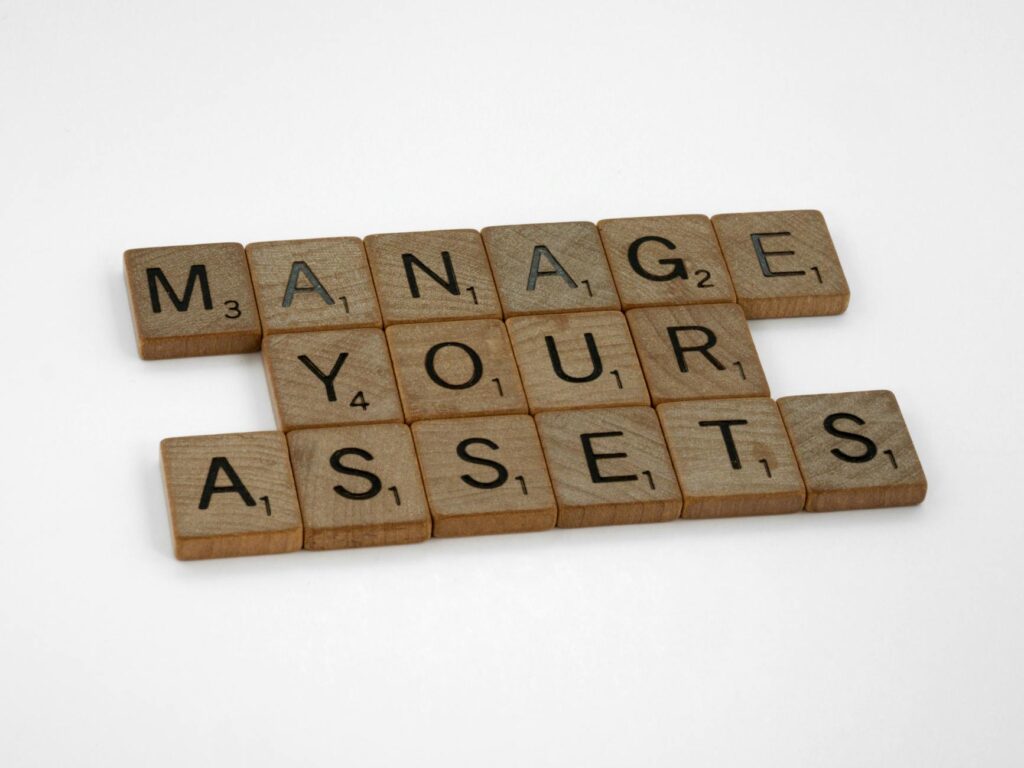Navigating the end of a professional relationship can be daunting, especially when it comes to parting ways with your financial advisor. Whether your financial goals have evolved, or you’re seeking a different level of service, knowing how to amicably and efficiently break up with your advisor is crucial. In this guide, we’ll walk through the steps and signs that it’s time to say goodbye and how to do it professionally.
Recognizing the Signs It’s Time to Move On
Discontent with your financial advisor can stem from various factors, including lack of communication, misaligned investment strategies, or even excessive fees. It’s vital to assess your satisfaction and the returns on your investments regularly.

Understanding Your Current Agreement
Before making any decisions, review your contract or agreement with your financial advisor. This will inform you of any termination clauses or fees associated with ending the relationship early.
Assessing Your Financial Goals
Changes in your personal or financial life may necessitate a shift in your investment strategy. Ensure your current advisor’s approach aligns with your revised goals.
Evaluating Your Advisor’s Performance
It’s essential to measure your advisor’s performance, not just by the returns but also by how they align with your risk tolerance and financial objectives.
Considering Communication Styles
A mismatch in communication preferences can lead to frustration. If you prefer regular updates and your advisor has a hands-off approach, it may be time to reconsider the relationship.
Finding a New Advisor Before Breaking Up
Starting the search for a new advisor before ending your current relationship can ensure a seamless transition. Look for someone whose investment philosophy and communication style match your needs.
How to Break Up With Your Financial Advisor
Once you’ve decided to move on, approach the breakup professionally. Schedule a meeting or a call to discuss your decision directly.
Communicating Your Decision
Be clear and concise in your communication. While you don’t owe a detailed explanation, being honest about your reasons can provide closure.

Handling the Paperwork
Transferring accounts can involve significant paperwork. Ensure you understand the process and have gathered the necessary documents beforehand.
Managing the Emotional Aspect
Ending any relationship can be emotional. Acknowledge your feelings but remain focused on your financial goals and future.
Transitioning Smoothly
Work closely with your new advisor to ensure a smooth transition. This may involve transferring accounts, setting up new financial plans, and adjusting your investment strategy.
Reflecting on the Experience
Use this opportunity to reflect on what you’re looking for in an advisor-client relationship. This can help you communicate more effectively with your new advisor.
What to Do If You Have Multiple Advisors
If you’re working with multiple advisors, the break-up process may be more complex. Consider the roles each advisor plays in your financial strategy and how changes may affect your overall plan.
Learning from the Process
Whether the breakup was initiated by you or mutually agreed upon, there’s always a chance to learn and grow from the experience.
Ensuring a Positive Ending
Strive for a positive, respectful ending to your relationship. This helps maintain your professional reputation and leaves open the possibility of future interactions.
Planning Your Financial Future
With a new advisor, take the time to discuss your financial future. Ensure they understand your long-term goals and how best to achieve them.
Considering DIY Investing
If after reflection, you feel confident in managing your investments, consider the DIY approach. There are plenty of online resources and tools to support self-managed investing.
Final Thoughts on Breaking Up with Your Financial Advisor
Parting ways with a financial advisor is never an easy decision. However, being proactive, prepared, and professional can make the process smoother and more straightforward. Remember, the goal is to ensure your financial strategy aligns with your current and future needs.
Frequently Asked Questions
How do I know if it’s really time to break up with my advisor? If your financial goals or personal situation has significantly changed and your advisor isn’t adapting to these changes, it might be time to reconsider your relationship.
Will there be fees for ending my relationship with an advisor? This depends on your contract. Review any agreements for termination clauses or fees associated with ending the service early.
How do I find a new financial advisor? Research online, ask for recommendations from trusted acquaintances, and consult financial advisor networks. Ensure the new advisor’s philosophy aligns with your objectives.
Can I manage my investments on my own? Yes, if you have the time and willingness to learn. There are numerous resources available to assist you in self-managing your investments.
Is it okay to have more than one financial advisor? Yes, some individuals prefer to have multiple advisors for different aspects of their financial strategy. However, ensure they’re aware of each other to avoid conflicting advice.


